|
Hollie Nyseth Brehm
Assistant Professor of Sociology
Hollie Nyseth Brehm, assistant professor of sociology, has been selected by the
International Association of Genocide Scholars (IAGS) for its Emerging Scholar Prize. The prize is awarded to one early-career scholar globally each year. The IAGS is a global, interdisciplinary, nonpartisan organization that seeks to further research and teaching about the nature, causes and consequences of genocide, and advance policy studies on prevention of genocide. Brehm will receive her prize at the IAGS conference in July in Brisbane, Australia.
|
|
Skyler Cranmer
Carter Phillips and Sue Henry Associate Professor of Political Science
Aisha Bradshaw
Ph.D. Student in Political Science
"Peace dividends of military alliances go farther than you'd think"
|
|
Lesley Ferris
Distinguished Professor of Theatre
"The Ohio State Department of Theatre Explores FORBIDDEN ZONES in New Devised Play"
"Art Makes Columbus Feature With OSU Theater Professors Lesley Ferris and Jeanine Thompson"
"Theatre department presents role of women, artists in World War I"
|
|
Sean Kay
Mershon Associate
"Story in the Public Square"
|
Mershon Memo is a weekly e-mail newsletter distributed by the Mershon Center for International Security Studies, a unit of the
Office of International Affairs at The Ohio State University.
|
|
 |
|
Wednesday, March 29, 2017 - Sunday, April 9, 2017
Forbidden Zones: The Great War
Performances at
Ray Bowen Theatre, Drake Performance and Event Center, 1849 Cannon Drive
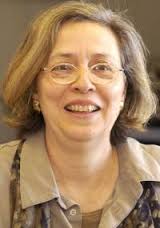 A devised new work, conceived and directed by
Lesley Ferris (left), co-directed by Jeanine Thompson, with the MFA actors and designers. During the centenary of the USA's 1917 entry into World War I, the Department of Theatre marks this occasion by creating a new work employing verbatim theatre. The source material is drawn from archives, contemporary documents, letters, memoirs, commissioned art, and popular music with a focus on Britain and France and their famous Somme Offensive, the largest battle on the Western Front. Supported with a grant from the Mershon Center. Read more at
go.osu.edu/forbiddenzones
|
Tuesday, April 4, 2017
"Promise and Perils of a Politics of Peace: How the Report from Iron Mountain Exposed the Absurdity of Cold War Militarism"
3:30 p.m., 120 Mershon Center, 1501 Neil Ave.
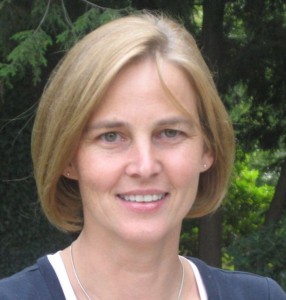 Petra Goedde
Petra Goedde is associate professor of history at Temple University and associate director of its Center for the Humanities. She is the author of
GIs and Germans: Culture, Gender, and Foreign Relations, 1945-1949 (Yale, 2003), co-editor of
The Human Rights Revolution: An International History (Oxford, 2012), and co-editor of the
Oxford Handbook of the Cold War (Oxford, 2013). In this event, Goedde explores the politics of peace by examining the 1967 Report from Iron Mountain, which purported to be a leaked government document arguing that perpetual war is necessary for governments to remain in power. Read more and register at
go.osu.edu/goeddep
|
Thursday, April 6, 2017
The Silent Soldiers Memorial
"Commemorating the Great War"
11 a.m.-2 p.m., multiple locations, The Ohio State University
 This creative project is a "live art" event to mark the 100th anniversary of the U.S. entry into World War I. More than 20 uniformed men and women (as nurses and ambulance drivers) will march into position at Thompson Library, Wexner Center for the Arts, and The Oval, stand or sit silently before moving to the next site. As they move they will sing "We're here because we're here," sung by British soldiers as they went into the Battle of the Somme, the deadliest battle of the war. Each student will have "business cards" with name, rank, military unit, date of death, and age. They will silently hand the cards to the audience. Thus, the students will inhabit the roles of an actual man or woman who took part in the war and in many cases, died as a result. This event is being held in
conjunction with the production of "Forbidden Zones: The Great War," conceived and directed by Lesley Ferris. Read more at
go.osu.edu/silentsoldiers
|
Thursday, April 6, 2017
"Transparency, Protest, and Democratic Stability"
3:30 p.m., 120 Mershon Center, 1501 Neil Ave.
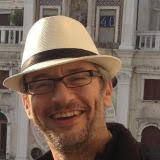 Peter Rosendorff
Peter Rosendorff is professor of politics at New York University and editor of the interdisciplinary journal
Economics and Politics. His research examines the linkages between domestic politics and international economic policy, cooperation and law, with applications to human rights, terrorism, international trade and investment, and democratization. In this event, Rosendorff examines the role of transparency in democratic equilibrium, finding that it improves the functioning of elections, increases popular satisfaction with democracy, and inhibits challenges to the democratic order. Read more and register at
go.osu.edu/rosendorffp
|
Monday, April 10, 2017
Joseph J. Kruzel Memorial Lecture
Larry Diamond
"The Crisis of Liberal Democracy"
2 p.m., 120 Mershon Center, 1501 Neil Ave.
 Larry Diamond
Larry Diamond is senior fellow at the Hoover Institution and founding co-editor of
Journal of Democracy. During early 2004, he served as a senior adviser on governance to the Coalition Provisional Authority in Baghdad. His 2005 book,
Squandered Victory: The American Occupation and the Bungled Effort to Bring Democracy to Iraq, was one of the first books to critically analyze America's postwar engagement in Iraq. He has edited 36 books on democracy, including
How People View Democracy, How East Asians View Democracy, Latin America's Struggle for Democracy, Political Change in China: Comparisons with Taiwan, and
Assessing the Quality of Democracy. In this event, Diamond will review the trends in freedom and democracy over the last decade and explain why liberal democracy is now in danger in the one place where it was presumed to be stable: The West. Read more and register at
go.osu.edu/diamondl
|
Friday, April 21, 2017 - Saturday, April 22, 2017
War, Media and the Public
Organized by Christopher Gelpi
120 Mershon Center, 1501 Neil Ave.
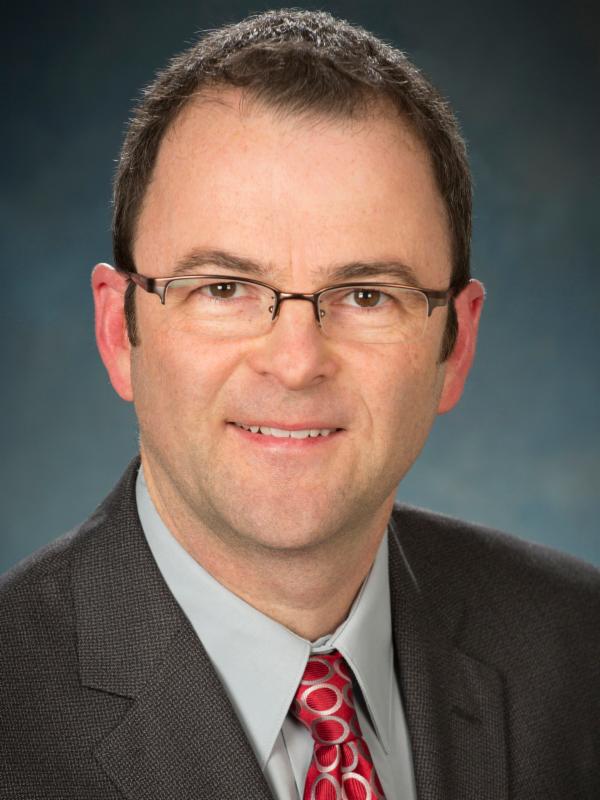 The public's ability to form attitudes and opinions that guide decisions to use military force is among the most important duties of citizens of democratic nations. Yet most voters have virtually no direct exposure to warfare. Americans receive essentially all of their information about war through the lens of the national media. Media norms and practices about the coverage of war have changed dramatically over the past century, ranging from the "yellow journalism" of the turn of the 20th century, through the "golden age" of television journalism of towering figures like Walter Cronkite, to the splintered and partisan media environment of the internet. In this conference we will explore the evolution of these media norms and practices as well as their impact on how the public thinks and feels about war. Read more and register at
go.osu.edu/warandmedia
|
 |
 |
The breakup of the Soviet Union was unexpected and unexpectedly peaceful. Although a third of the new states fell into violent conflict, anarchy was soon brought under control. What explains this relatively quick transition to order and stability in the post-Soviet periphery?
Driscoll will speak at the Mershon Center at 3:30 p.m. on Thursday, September 14, 2017. More information will be forthcoming about this event.
In his book, Driscoll argues that the relative stability in the post-Soviet periphery cannot be explained by security guarantees from Russia or the United Nations. Rather, in the wake of a failed state, local warlords competed and colluded in a high-risk and ruthless game of forming coalitions that resulted in the emergence of well-functioning domestic hierarchies.
Drawing on a structured comparison of militia members in Georgia and Tajikistan, Driscoll combines rich comparative data with formal modeling, treating the post-Soviet space as a laboratory to observe the limits of great powers' efforts to shape domestic institutions in weak states.
The
Furniss Award commemorates the founding director of the Mershon Center, Edgar S. Furniss, and is given annually to an author whose first book makes an exceptional contribution to the study of national and international security.
Previous winners include John Mearsheimer, Barry Posen, and Stephen Walt.
|
 |
Tuesday, April 4, 2017
2017 International Awards Ceremony
11:30 a.m., Hyatt Regency Ballroom, 3rd Floor, 350 N. High St.
Sponsored by Columbus Council on World Affairs
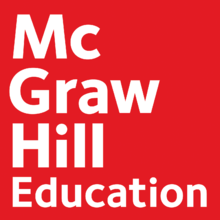 This year we will be honoring
McGraw-Hill Education as the International Company of the Year and Central Ohio students participating in the Global Scholars Diploma. McGraw-Hill's vision is to unlock the full potential of each learner. Their mission is to accelerate learning through intuitive, engaging, efficient and effective experiences grounded in research. McGraw-Hill has evolved their business from a print-centric producer of textbooks and instructional materials to a leader in the development of digital content and technology-enabled adaptive learning solutions delivered anywhere, anytime. McGraw-Hill distributes their products in over 135 countries across Asia-Pacific, Europe, India, Latin America and the Middle East.
Read more and register
|
Tuesday, April 4, 2017
Yudhijit Bhattacharjee
"The Spy Who Couldn't Spell"
2:30 p.m., 360 Journalism Building, 242 W. 18th Ave.
Sponsored by School of Communication
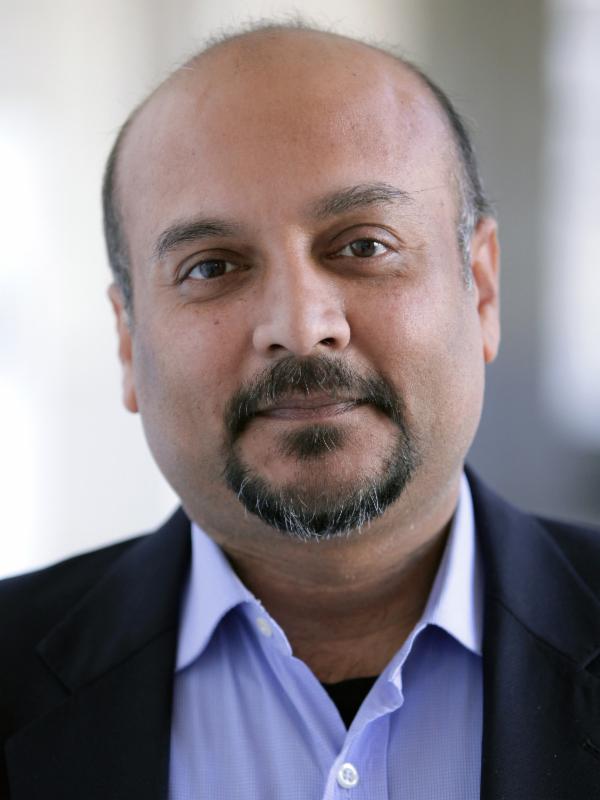 The Spy Who Couldn't Spell
The Spy Who Couldn't Spell is the story of a most unusual traitor -- a signals analyst named Brian Regan who came close to pulling off one of the most audacious espionage plots in U.S. history. In the 90s, Regan stole thousands of satellite images and other documents from the National Reconnaissance Office and buried them in two state parks outside Washington, D.C. Although his attempt to sell these secrets to Saddam Hussein and Muammar Gaddafi was unsuccessful, investigators had to spend two years looking for the secrets he had stolen.
Yudhijit Bhattacharjee is a contributing writer at
National Geographic whose features and essays on espionage, cybercrime, science and medicine have appeared in
The New Yorker, The New York Times Magazine, National Geographic, Wired and other U.S. magazines. He has a master's in journalism from The Ohio State University.
|
Tuesday, April 11, 2017
Amartya Sen
"What's Wrong with Inequality?"
4 p.m., Mershon Auditorium, 1871 N. High St.
Sponsored by Center for Ethics and Human Values
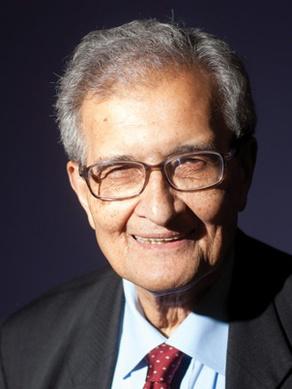 Amartya Sen
Amartya Sen is Thomas W. Lamont University Professor and professor of economics and philosophy at Harvard University and was until 2004 the master of Trinity College, Cambridge. He is also senior fellow at the Harvard Society of Fellows. Sen has made contributions to welfare economics, social choice theory, economic and social justice, economic theories of famines, and indexes of the measure of well-being of citizens of developing countries. He was awarded the Nobel Memorial Prize in Economic Sciences in 1998 and Bharat Ratna in 1999 for his work in welfare economics. He was also awarded the inaugural Charleston-EFG John Maynard Keynes Prize in recognition of his work on welfare economics in February 2015. In this lecture, Sen will examine three reasons why inequality is socially unreasonable.
Read more and register
|
Thursday, April 13, 2017
"'Post-Truth' Moments in History"
7 p.m., Columbus Museum of Art, The Forum, 480 E. Broad St.
Sponsored by Clio Society, Department of History
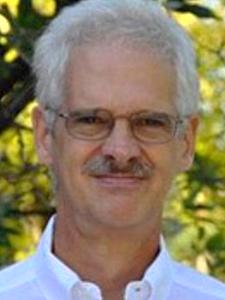 The Oxford English Dictionary has named "post-truth" the word of 2016. Post-truth is defined as, "relating to or denoting circumstances in which objective facts are less influential in shaping public opinion than appeals to emotion and personal belief." Our panel hopes to look at different historical contexts/cases where generally accepted "truths" were somehow rendered unimportant, whether deliberately or unintentionally, thereby providing historical context for our more recent "post-truth" moments. Panelists include
John Brooke, Department of History (left);
Greg Anderson,
History;
Melissa Curley, Comparative Studies; and
Bert Harrill,
History.
Read more
|
Friday, April 14, 2017
Karen Seto
"Future Urban Expansion and Implications for Building Energy Demand and Global Croplands"
3:30 p.m., 1080 Derby Hall, 154 N. Oval Mall
Sponsored by Department of Geography
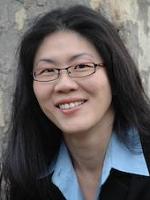 Karen Seto
Karen Seto is professor of geography and urbanization science at the School of Forestry and Environmental Studies, Yale University. Her talk will draw on recent research that examines the implications of future urban expansion on global croplands and energy demand by buildings. Using both top-down and bottom-up approaches and scenarios, Seto finds that energy use for heating and cooling by mid-century will increase 5 to 40 percent over the 2010 estimate. The results also show that urban expansion will result in a 1.8 to 2.4 percent loss of global croplands by 2030, with substantial regional disparities. About 80 percent of global cropland loss from urban expansion will take place in Asia and Africa, where much of the cropland that will be lost is more than twice as productive as national averages.
Read more
|
 |
2018-19 Fulbright U.S. Scholar Program Competition Now Open
The 2018-2019 competition for the Fulbright U.S. Scholar Program is now open. The Fulbright U.S. Scholar Program offers teaching, research and combination teaching/research awards in over 125 countries for the 2018-2019 academic year. Opportunities are available for college and university faculty and administrators as well as for professionals, artists, journalists, scientists, lawyers, independent scholars and many others. Interested faculty and professionals are encouraged to learn more about core Fulbright U.S. Scholar opportunities by visiting the online
Catalog of Awards.
For more information contact Joanna Kukielka-Blaser, Ohio State campus representative for the Fulbright Scholar Program. The deadline for applications is
August 1, 2017.
|
|
|